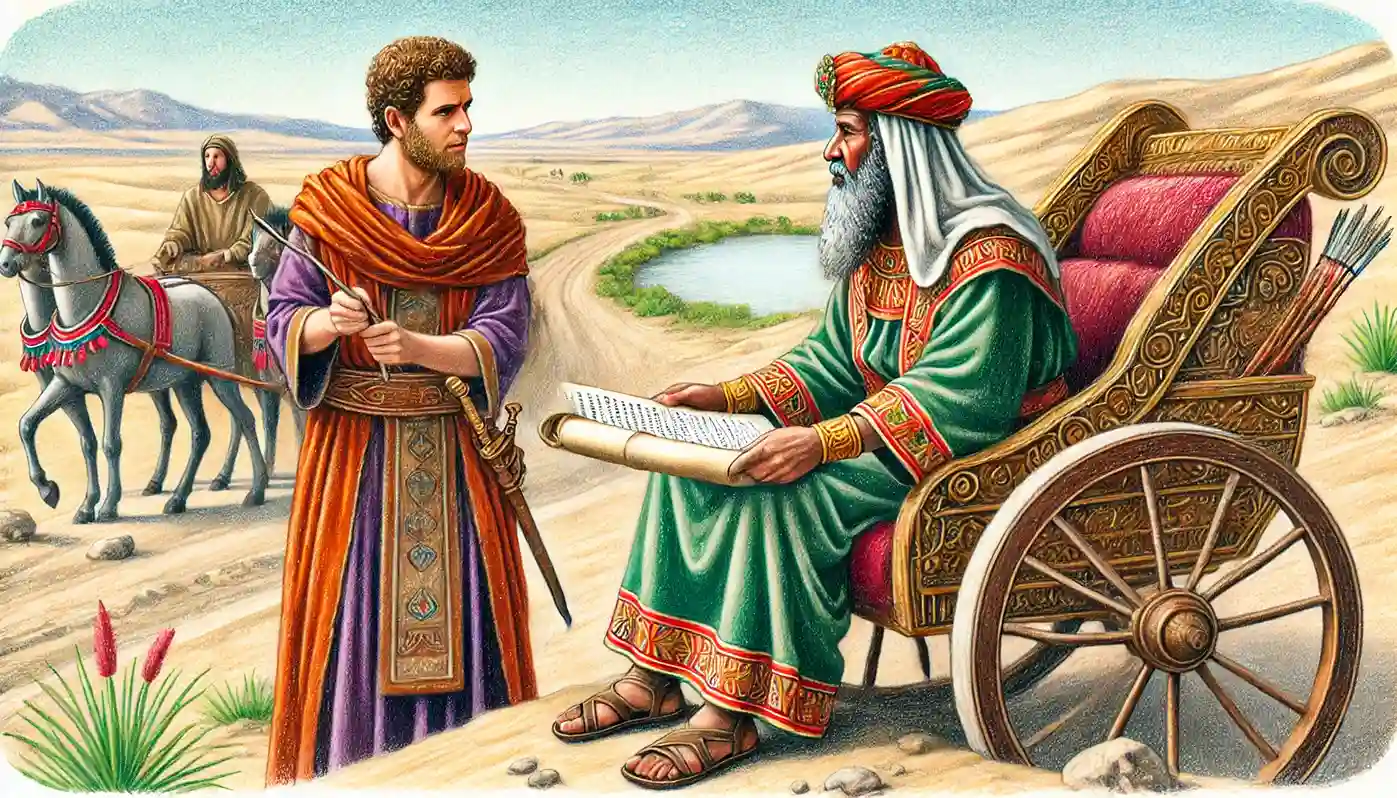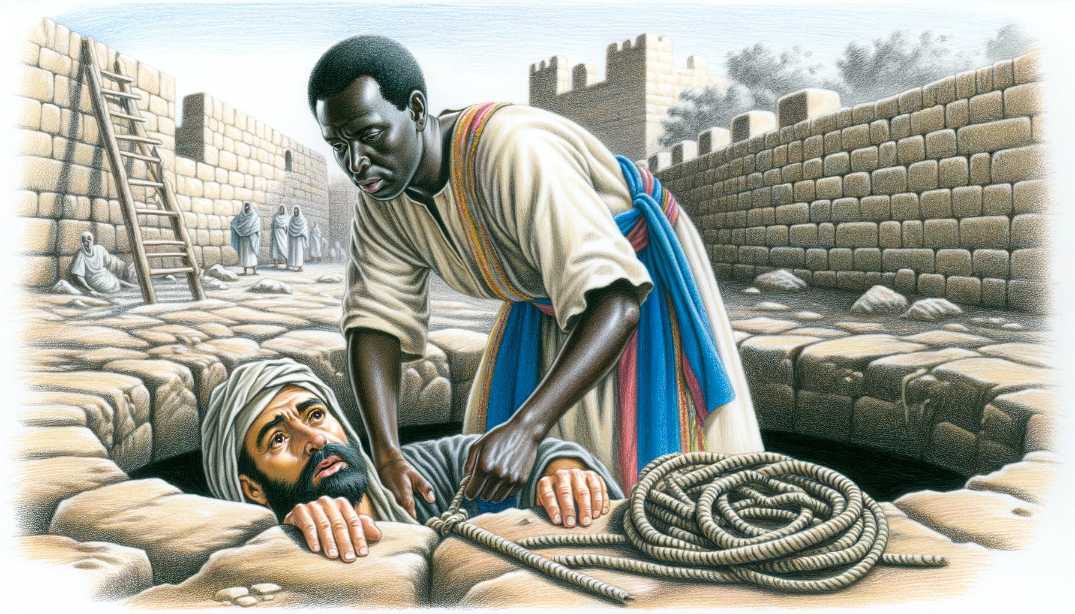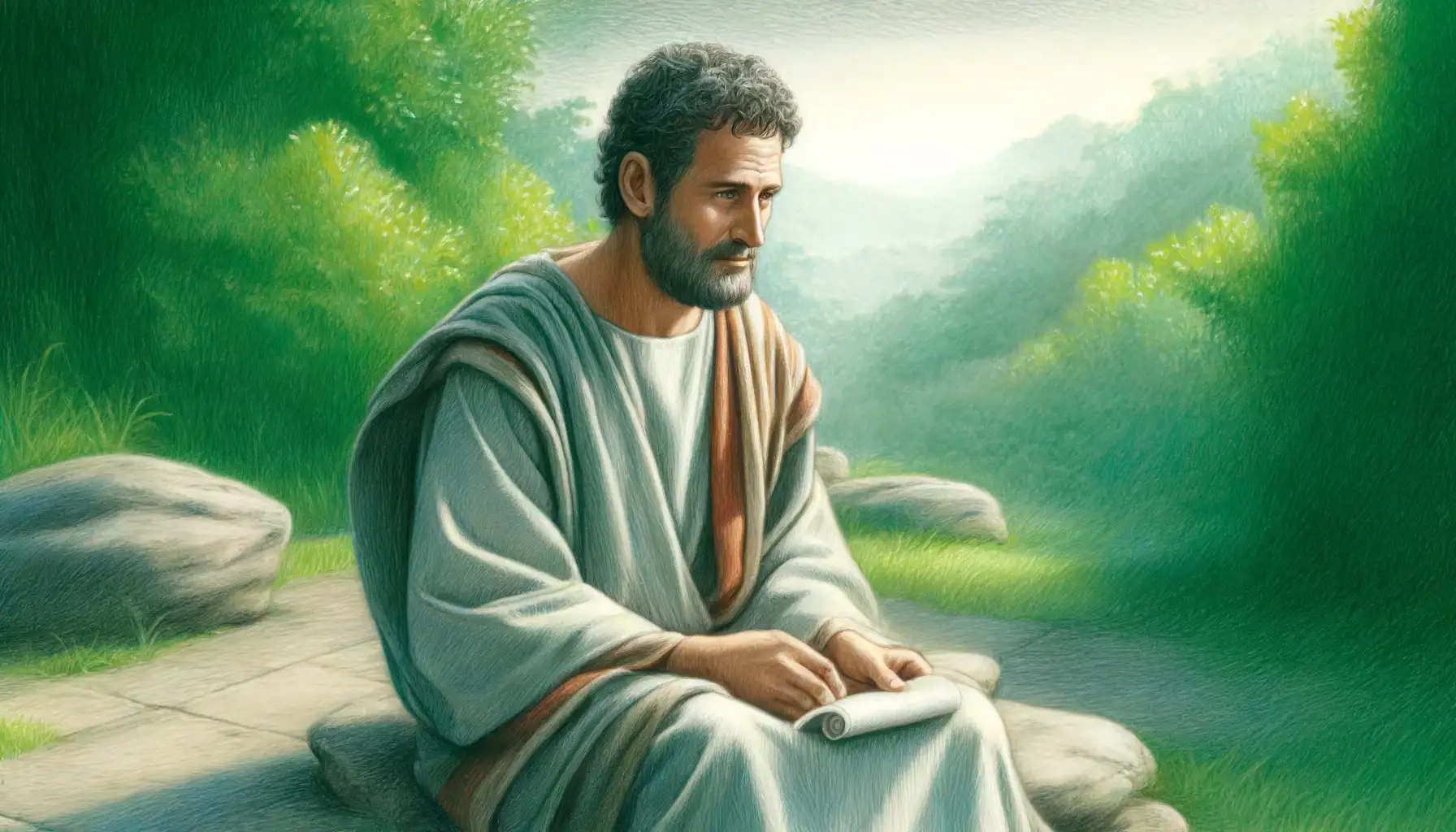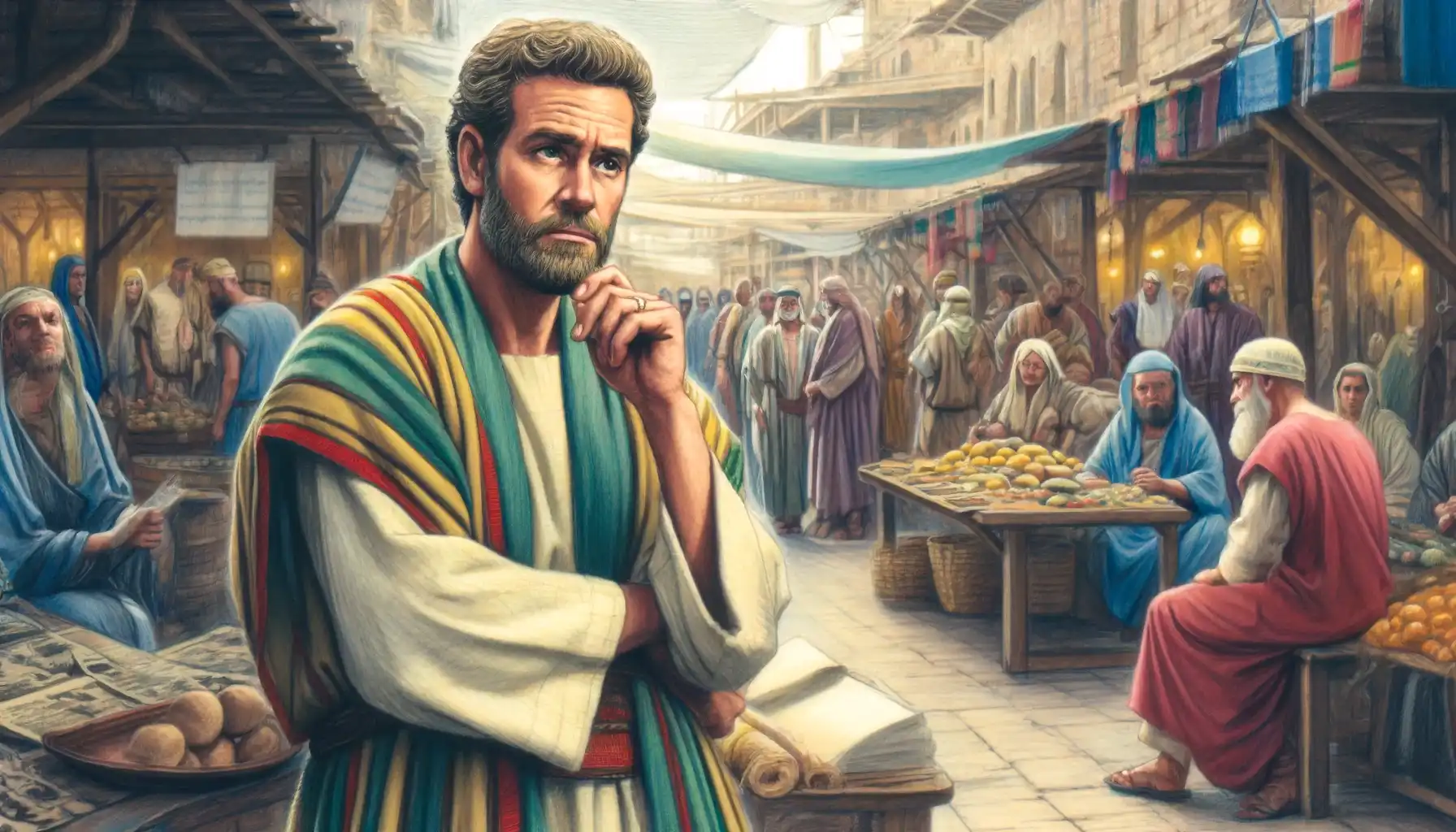Philip the Evangelist, guided by an angel, encountered an Ethiopian eunuch reading Isaiah on a desert road, explained the scripture’s significance regarding Jesus Christ, and baptized the eunuch, leading to his conversion and joy.
Ebed-Melech, an Ethiopian eunuch in King Zedekiah’s service, bravely rescued the prophet Jeremiah from a cistern, demonstrating profound faith, compassion, and courage, which God rewarded with a promise of safety.
Philip the Evangelist is remembered for his crucial role as a deacon and evangelist, significantly contributing to the spread of Christianity beyond Jewish communities into Samaria and even Ethiopia.
Philip the Apostle, originally from Bethsaida and one of the original twelve disciples of Jesus, is depicted in the New Testament as a figure who sought practical comprehension of Jesus’ teachings, exemplified by his interactions during key events such as the feeding of the 5000 and the Last Supper. Known for his questioning nature, Philip played a crucial role in the early Christian church’s expansion, particularly among Greek-speaking communities, as highlighted by his encounter with the Ethiopian eunuch in the Acts of the Apostles. Continuing his ministry across regions such as Greece, Syria, and Phrygia, Philip’s evangelistic efforts often met with resistance from local authorities, ultimately leading to his martyrdom by crucifixion or other means, thus symbolizing the ultimate witness to his faith and marking him as a pivotal figure in the spread of early Christianity.




